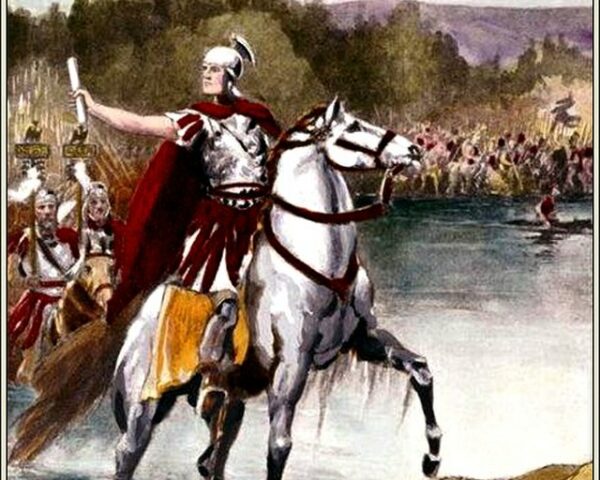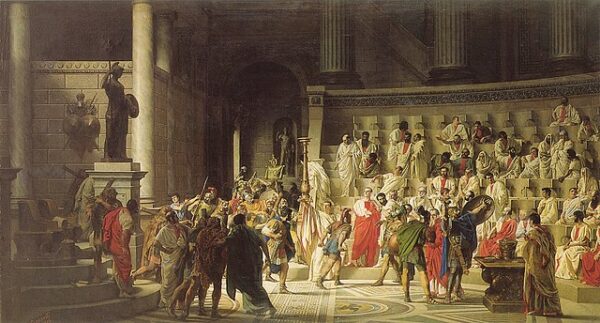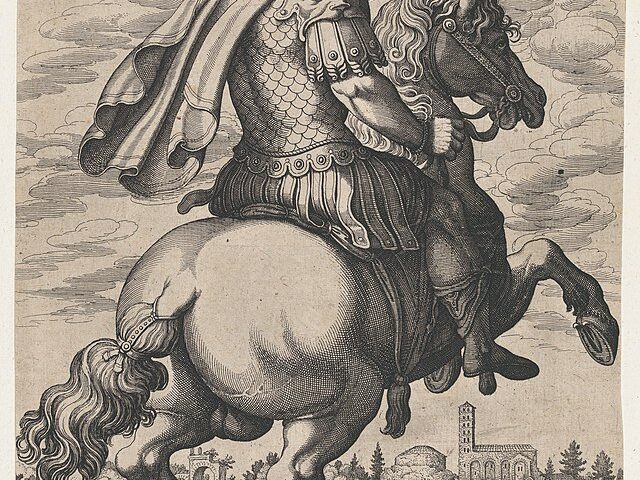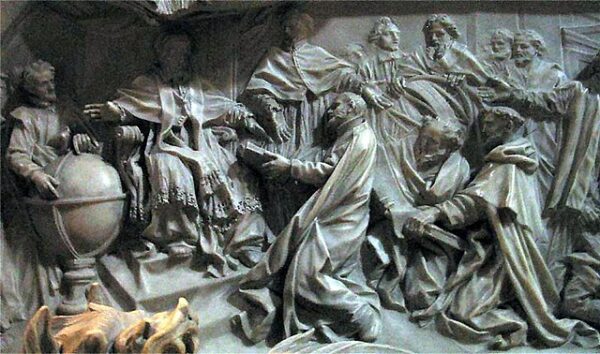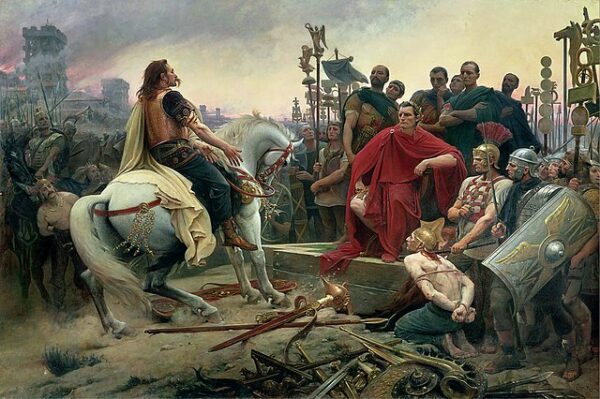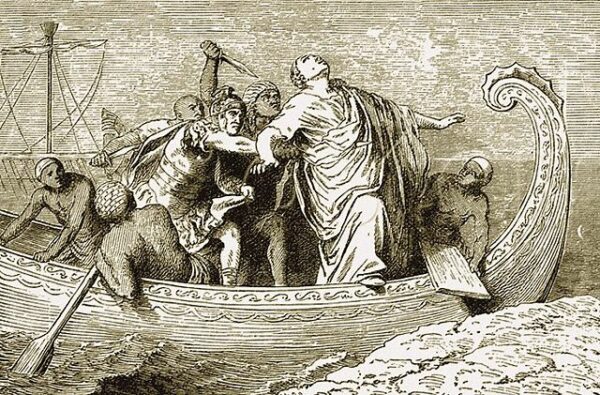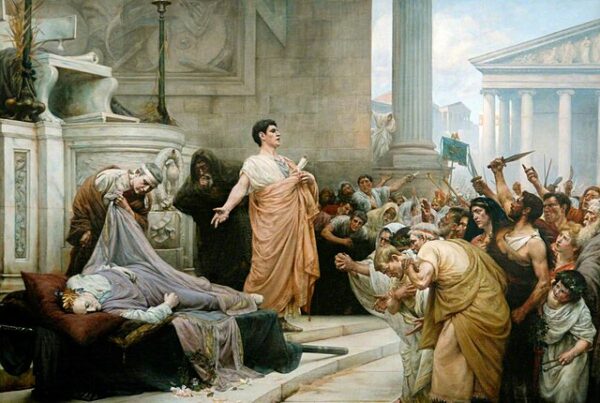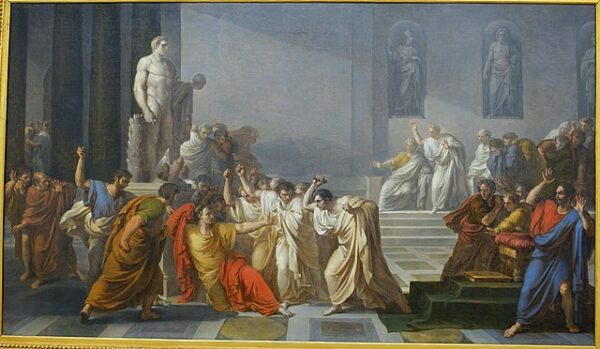Julius Caesar’s crossing of the Rubicon on January 10, 49 BC, marked a defining moment in Roman history, heralding a seismic shift in the Republic’s power dynamics. The Rubicon, a river that demarcated the boundary between Cisalpine Gaul and Italy proper, was more than…
Read MoreOn January 7, 49 BC, the Roman Republic crossed a point of no return—not with the tramp of legions or the clash of steel, but with a decree of the Senate and the flight of two frightened magistrates. What followed would soon culminate in…
Read MoreOn January 1, 45 BC, Julius Caesar changed the way the West marked their calendars, making January 1 the first day of the new year. Prior to the Julian reform, the Roman calendar was a complex lunar calendar that often fell out of phase…
Read MoreThe adoption of the Gregorian calendar on October 15, 1582, marked a significant shift in timekeeping, revolutionizing how societies measured and tracked time across the globe. Named after Pope Gregory XIII, who introduced it, the Gregorian calendar was created to reform the Julian calendar,…
Read MoreOn October 3, 52 BC, the Gallic Wars reached a decisive turning point when Vercingetorix, the charismatic leader of the Gauls, surrendered to Julius Caesar, marking the end of the Siege of Alesia. This surrender signaled not only the defeat of the Gallic rebellion…
Read MoreThe assassination of Pompey, one of the most prominent figures of ancient Rome, marked a pivotal moment in the political turmoil that engulfed the late Roman Republic. It occurred on September 28, 48 BC, on the orders of King Ptolemy XIII of Egypt upon…
Read MoreThe Roman Republic, still reeling from the assassination of Julius Caesar the previous year, faced another constitutional crisis in the summer of 43 BC. Caesar’s designated heir—his great-nephew Gaius Octavius, now calling himself Caesar—was only nineteen years old. Yet by August 19 of that…
Read MoreAugust 9, 48 BC, saw a battle that shaped the course of history for a thousand years. Pitting Julius Caesar against Pompey, the Battle of Pharsalus was a pivotal conflict during the Roman Civil War. This decisive battle occurred near the town of Pharsalus…
Read MoreOn April 14, 43 BC, Roman legions loyal to the Senate clashed with the forces of Mark Antony in a pivotal engagement near the northern Italian village of Forum Gallorum. The battle was not merely a contest of arms—it was a violent reckoning in…
Read MoreBeware of the ides of March, for on that fateful day in 44 BC, one of the most notorious assassinations in history unfolded, forever altering the course of ancient Rome. Julius Caesar, the formidable dictator who had risen to unprecedented power, was betrayed by…
Read More

